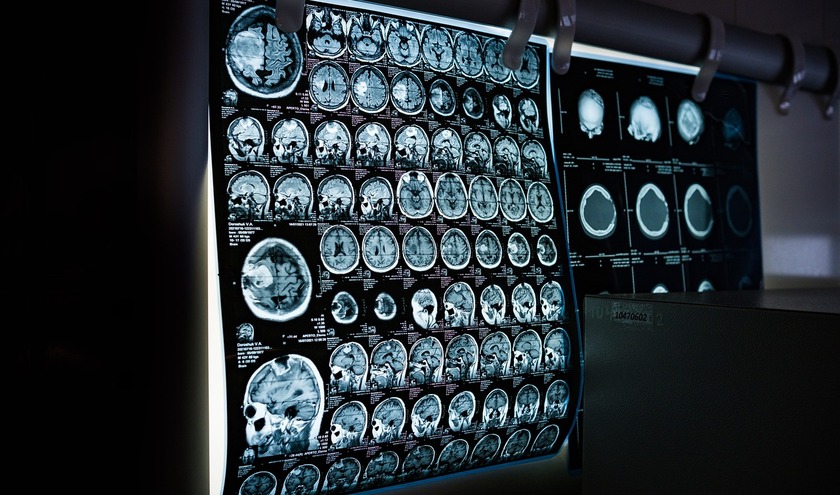Researchers from the University of Glasgow are set to lead a £4m new project to investigate the potential of ‘neurobots' to treat epilepsy.
The project, called NEUROBOT, is one of 18 that will share in £69m over four years in new funding from ARIA's Precision Neurotechnologies programme.
ARIA, an R&D funding agency created to unlock technological breakthroughs that benefit everyone, was created by an Act of Parliament and sponsored by the Department for Science, Innovation and Technology.
The NEUROBOT team will work to develop advanced, injectable neural robots, or ‘neurobots', to deliver a treatment called closed-loop neuromodulation as an epilepsy treatment.
Closed-loop neuromodulation works by closely monitoring brain activity and providing electrical stimulation when required to help treat epileptic seizures as they occur or prevent them from happening at all.
The neurobots, which will be made from advanced nanomaterials, will provide precisely-targeted neural stimulation, as well as deliver drugs to patients through newly-developed bioactive coatings and encapsulants.
This technology addresses the limitations of traditional deep brain recording and stimulation using electrodes implanted in brain tissue, which can disrupt normal brain function and cause side effects.
Professor Hadi Heidari, of the University of Glasgow's James Watt School of Engineering, will lead the project, with support from partners at the Universities of Exeter, Manchester and Newcastle in the UK and the Istituto Italiano di Tecnologia in Italy.
Prof Heidari said: 'The funding will enable us to build on previous breakthrough research collaborations between the partners on the potential for neurobots to treat epilepsy more effectively and less invasively.
‘The project will benefit from access to the University of Glasgow's world-leading James Watt Nanofabrication Centre to develop our prototype neurobots.'



